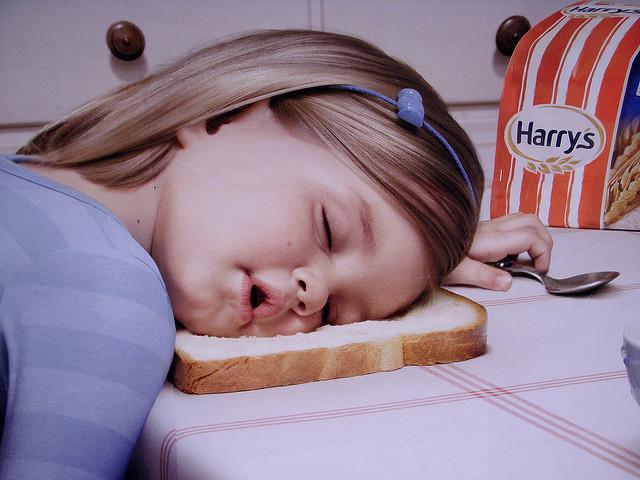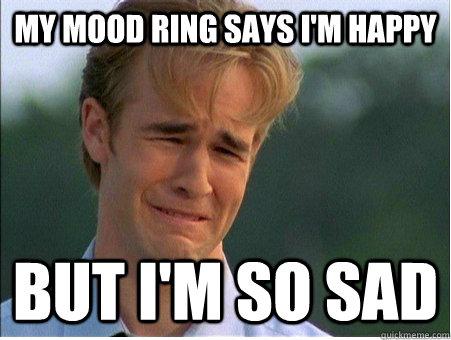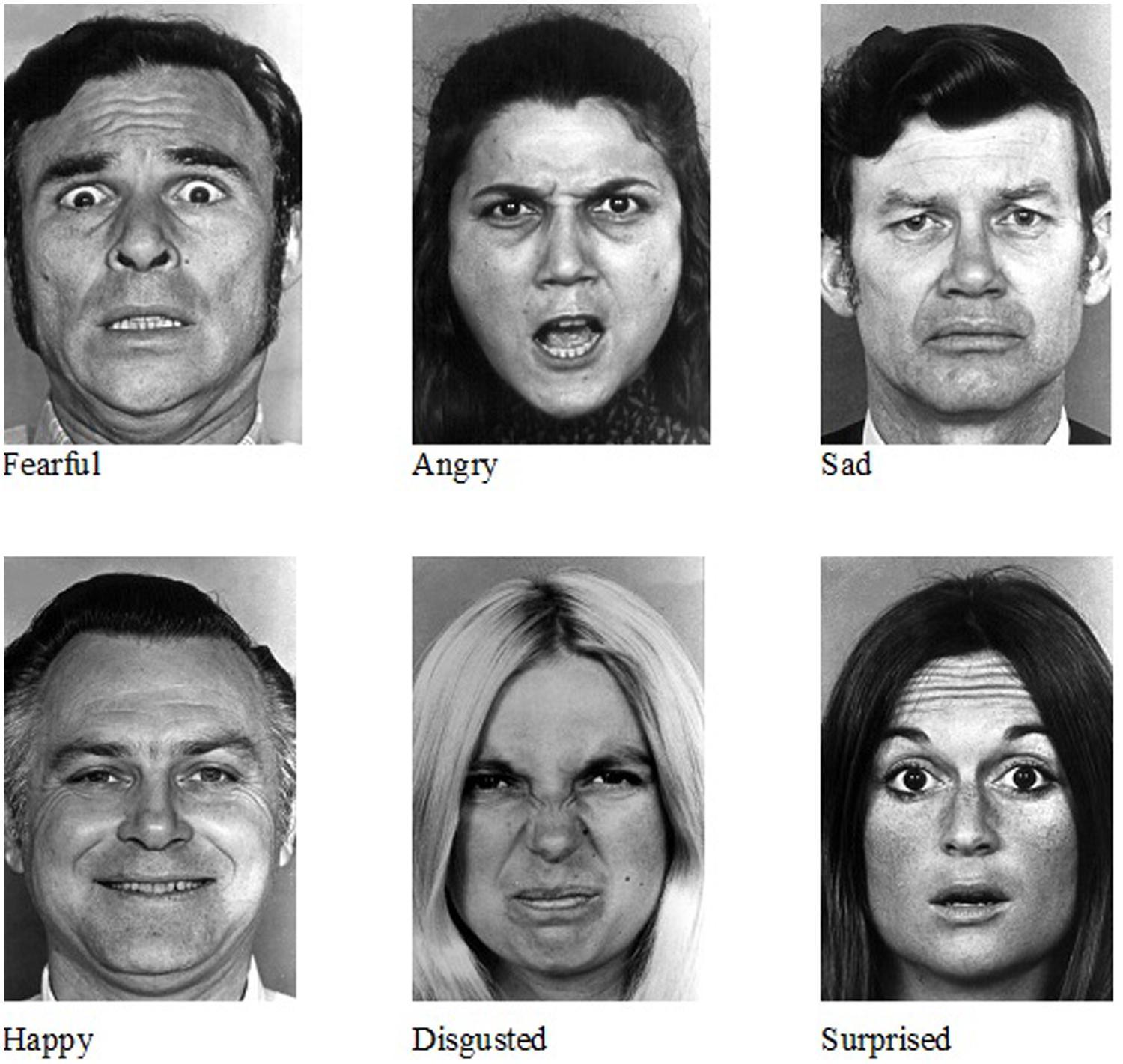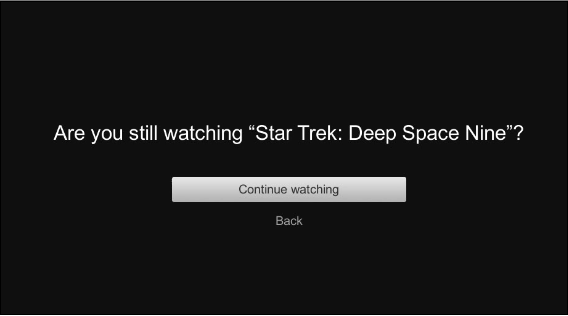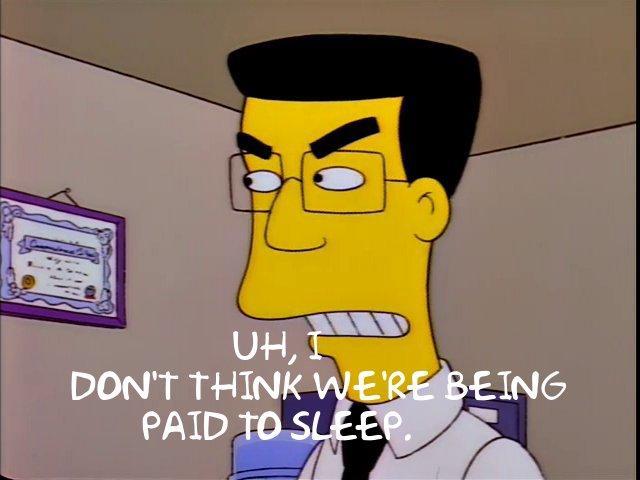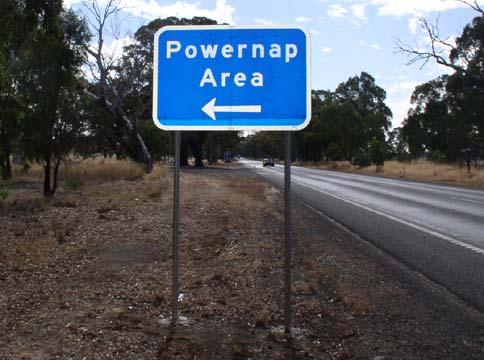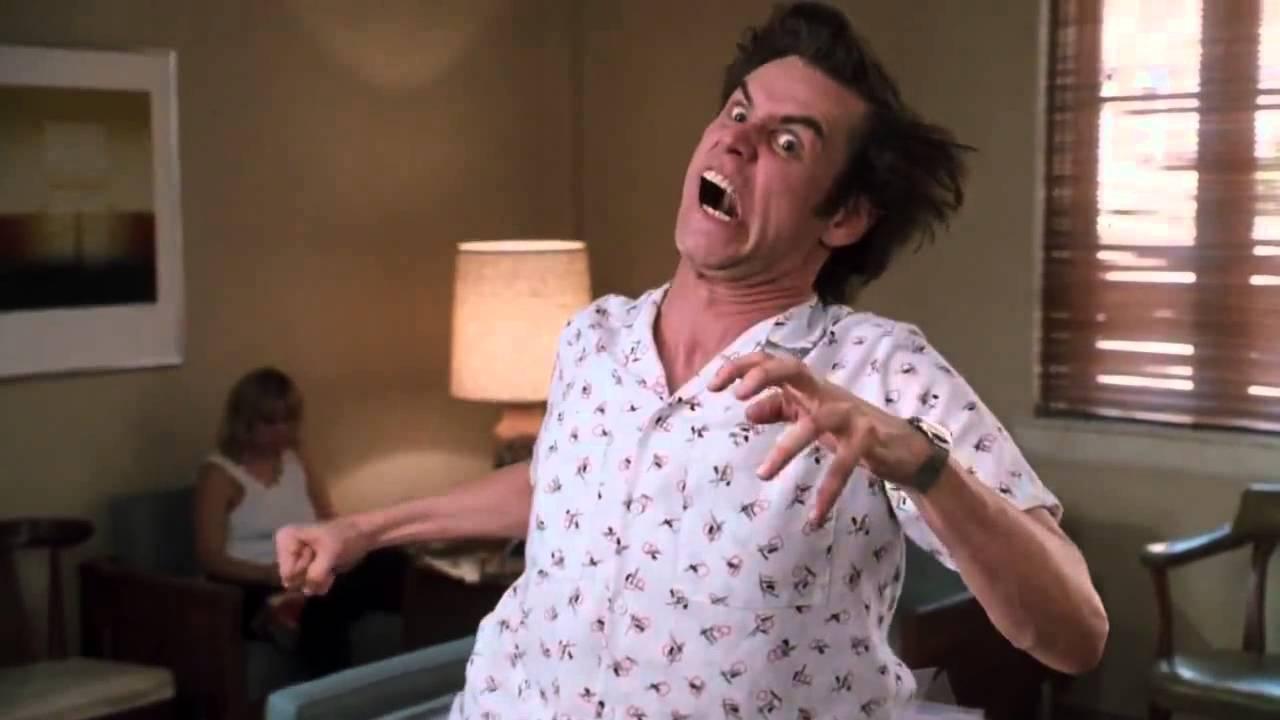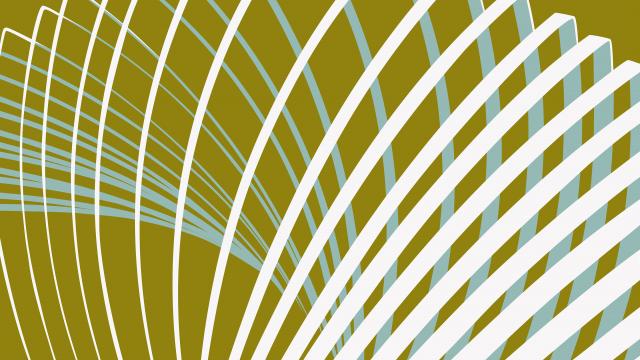This Blanket Has the Power to Transform Your Life
What if I told you staying underneath the covers was the most productive and smartest move you could make all day?
And that one blanket in particular could assist to better sleep, less stress, and increased success in the workplace and your personal life?
Recent studies on the effects of sleep deprivation on the body and mind have enlightened employers and companies to encourage their workers to get underneath the covers and enjoy a good night’s rest.
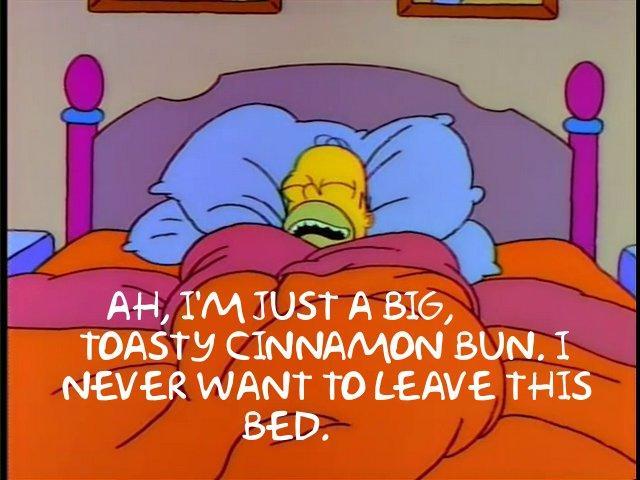
Staying underneath the blankets is a proven good choice for general well-being. And the latest crowdsource-funded superstar of Kickstarter is capitalizing on the wellness trend.
Introducing the Gravity Blanket - a weighted blanket ranging from 15-25 pounds that aims to battle against the chronic sleep and wakefulness disorders which affect 50-70 million American adults annually.
With about 75% of adults experiencing symptoms of sleep problems at least 3 nights a week, it’s no surprise that the Kickstarter fund raised almost $5 million in its campaign.
While the Gravity Blanket’s 1-minute campaign video features a score that sounds like Paul Simon’s Graceland on speed - it makes up for its un-zen soundtrack with illuminating details on the science behind weighted blankets.
“The blanket that puts you to sleep”
The Gravity Blanket uses a deep pressure stimulation technique to trigger the sympathetic nervous system into induced relaxation.
It’s not the first time this technique has been used. Seen mostly in a therapeutic setting - deep pressure stimulation has been found to reduce stress, anxiety, and can even treat symptoms for autism spectrum disorder and post-traumatic stress disorder.
Weighted blankets are engineered to be 7-12% of your body weight in order to relax the nervous system by stimulating the feeling of being held or hugged.
The idea essentially is that you’re being swaddled to sleep.
This technique has worked on all of us as infants, and it has been proven to assist in reducing anxiety in animals - both in man’s best friend and even calming cattle before slaughter.
How can a swaddled effect calm a cow before his ultimate demise?
The deep pressure stimulation technique used for cattle is less like a comfy blanket and more like a caged metal device that has been generously dubbed the “hug machine” by Temple Grandin, an American professor of animal science and advocate for autism spectrum disorder.
Grandin originally created the machine for herself as a form of stress-relief and later pitched the concept to the livestock industry.
The gravity blanket uses the same deep touch pressure principle as its ‘squeeze box’ counterpart and while conjuring up the idea of livestock before slaughter may not be a relaxing one - if this technique can relax a cow before its predetermined end don’t you think that it could most certainly chill you out for a good night’s rest too?
But is it all a gimmick?
Squeeze box, gravity blanket, thundershirt - they all work to place pressure in a way that increases serotonin and melatonin levels while reducing cortisol levels, which improves your mood and promotes restful sleep at the same time.
However, they’re consumer products that occasionally come with a hefty price.
The gravity blanket has a $279 price tag and some tricky shipping prices to take into consideration - not exactly an effortless investment.
So, should you make the jump? Just how bad can your life really be affected by sleep deprivation?
Let’s dive into it!
Effects of Sleep Deprivation in the Workplace
We are all aware to some degree of the importance of sleep. It’s a ‘no duh’ question that insomnia has been linked to depression and anxiety.
Even diet fads advise you to get lots of sleep as there have been several studies on the connection between sleep deprivation and increased calorie consumption, obesity, and weight gain.
A weakened immune system, reduced sex drive, and an elevated risk of chronic diseases like heart disease, strokes, and Alzheimer’s are just a few more health issues to name drop.
But how serious of an issue is sleep deprivation?
Maybe you only spend a couple nights a week on 4 hours of sleep. Could it really be that bad? We can’t control every aspect of our lives...
Yet, after just one night of sleep deprivation our brain’s emotional centers are 60% more reactive. Meaning, our reaction to emotion is much more intense when sleep-deprived.
And sleep and emotional memory processing is important as it’s all closely linked to our ability to learn, process, and actually remember new information.
Individuals are more likely to remember those events which have increased emotional and personal significance. However, as we all know, those emotions are pretty complicated and far from uni-dimensional.
Emotional situations are even more complex when you’re sleep deprived.
There are now studies proving that sleep deprivation prior to the initial learning phase significantly alters our chances of emotional memory enhancement.
These same studies show that sleep loss impairs our ability to commit new experiences to memory.
According to a study connecting sleep and emotional brain processing - participants who had been sleep-deprived showed a skewed understanding of their learning session paired with an overriding dominance of negative memories than those who were in a sleep controlled group.
All these studies help researchers understand that sleep loss impairs our ability to identify salient affective social cues.
Which means that whether you’re a manager, entry-level position, or CEO your ability to process emotional projection in a group meeting, one-on-one, or interview is significantly distorted when you’re tired.
And we need those affective social cues.
Els van der Helm and Matthew P. Walker stress this point in their Overnight Therapy? Study. They believe the ability of the human brain to generate, regulate, and be guided by emotions represents a fundamental process governing not only our personal lives, but our mental health, and our societal structure too.
Misunderstanding emotions affects work success
We require sleep to properly process emotions, and to be guided by emotions informs behavior that can affect personal and work life success.
A study from 2010 investigated this proposition by testing participants in randomized total sleep-deprivation or sleep-rested conditions.
When asked to perform an emotional face recognition between ‘sad’, ‘happy’, and ‘angry’ categories - those sleep-deprived marked a significant misunderstanding of ‘angry’ and ‘happy’ affective expressions.
Similarly, a 2007 University of California, Berkeley, and Harvard Medical School study set out to examine how sleep loss affects activation of the brain’s amygdala (the brain’s integrative center for emotions, emotional behavior, and motivation).
This primitive brain region is important because it triggers our emotional responses to potentially threatening, nonverbal (aka emotional) cues.
By assigning 26 healthy people to either a sleep-deprived or normal sleep group, the scientists tested participants on images that began as emotionally neutral - then progressively more unpleasant or disturbing (ie. your dirty toilet bowl, a burn victim, or a dying patient).
While both groups had strong amygdala activation in response to the disturbing photo sequence, the sleep-deprived response was significantly amplified.
Our ability to process emotional situations, especially difficult ones is severely altered when we are operating on minimal sleep.
You’ve probably sensed this in yourself. It may even be hard to accept. So let’s dig a little deeper.
Are you still watching?
We have busy lives. The modern individual is constantly on the go. Yes, we are constantly stimulated by our surroundings and distractions. Of course there’s traffic, crying children, or your neighbor’s debaucherous weeknight excursions.
These are things out of our control.
But we also have iPhones, multiple TVs, and a billion other smart devices in our lives that steal more of our attention then most of us would like to admit.
Yet, why can’t we unplug?
Bottom line, we’re all busy. Despite families, stress, and long hours - there are things we can do to turn off. And quite literally.
When Netflix asks you if you’re still watching - maybe quietly whisper “no” and close your laptop. Or make the effort to push ‘off’ on your remote.
Perhaps question the real impact of working on a project at 10 o’clock on a Friday or Saturday night.
What multiple studies suggest is that if we’re getting enough sleep, our productivity sails - meaning there’s no need to bring work home in the first place.
But no one is here to preach, there are situations beyond our control.
One of which is what Arianna Huffington, founder and editor-in-chief of the Huffington Post, describes as a problem in society in which companies actually require you to work more and sleep less.
Huffington learned the hard way, experiencing serious consequences as a result of sleep deprivation.
In her book The Sleep Revolution - a publication on the “sleep deprivation crisis” - Huffington states a belief that as a society we are equating long days with short nights as a barometer for success.
A survey of over 180 business leaders found that four out of 10 (43%) don’t get enough sleep at least four nights a week.
So let’s examine a little part of the brain associated with what psychologists term“executive functions”- the neocortex.
The neocortex is a part of the cerebral cortex considered to be the most recent part of our brains to develop.
Functions in command of things such as sensory perception, motor commands, language, and pretty much all the cognitive order processes (such as problem-solving, reasoning, organizing, inhibition, planning, and actually executing plans).
Basically, ‘executive functions’ are what helps us get our shit done.
Basic visual and motor skills deteriorate when people are deprived of sleep. We’re all warned of this on the highway while driving.
But what deteriorates even more are those executive functions - associated with problem solving, organizing, and planning - that are so essential to our workplace.
All workplaces strive for strong employee engagement. A term that a quick Google search will define as, “all members of an organization to give their best each day with an enhanced sense of their own well-being.”
However, employee engagement is a relatively new term. One that appeals to organizational management mostly because, well, it requires organizational commitment.
But, as we’re learning, one can’t be organized without a proper night’s sleep.
So this notion of employe engagement remains to be a hard-to-achieve concept until companies start recognizing not only the actual requirements of employee well-being but also leader’s investment in their own well-being.
Sleep and effective leaders
A Mckinsey study of 81 organizations and 189,000 participants demonstrates there are four types of leadership behavior most commonly associated with high-quality executive teams which also reflect proven links to good, quality sleep.
Operating with a strong orientation to results
If you’re sleepy you might as well be tipsy.
Research shows that after roughly 17-19 hours of wakefulness, an individual’s performance on a range of tasks is equivalent to performing tasks as though they are tipsy (of equal value to a 0.1% blood alcohol level, which is considered to be over the legally drunk threshold)
Solving problems effectively
Sleep is beneficial for insight, solving problems effectively, and creative ideas.
Participants in a study on sleep were twice as likely to solve a video game problem they had been struggling with rather than those who had remained awake.
So case in point: play video games, and nap too.
Seeking out different perspectives
Science supports the “sleep on it rule”
Sleep is critical for the ability to seek, encode, and consolidate different perspectives and is proven to improve decision-making in such situations.
Supporting Others
Psychological safety is key.
A psychological safe zone in the workplace defines a space where interpersonal trust and empathy are of the highest concern.
Interpreting emotions is the surest way to help others and to build psychological safety in the workplace.
In a sleep deprived state your brain is more likely to misinterpret these cues and overreact to emotional events in addition to expressing your feelings in a more negative tone of voice.
On top of that, people who are sleep deprived are less likely to trust others, resulting in reduced work engagement.
Reduced work engagement manifests itself in a number of ways:
Minimized job satisfaction
Decreased organizational commitment
Low psychological empowerment
Disinterested job involvement
Feel like you’re taking a survey? Do any of the above apply to you?
Let’s start exploring some methods of eradicating these impulses.
Identifying stress (and that it may be linked to your sleep schedule)
Do you ever feel like your ‘cool’ at work breaks as often as the coffee machine?
Feel irritable, anxious? Sick all the time?
Find yourself overeating - or eating unhealthy - even outside of the “it’s winter, we’re supposed to pack the weight on anyway” excuse?
Difficulty concentrating? Issues with speaking clearly or general social withdrawal?
All of these are signs for both acute stress and acute to chronic sleep deprivation.
Getting enough good, quality sleep is important for effective stress management.
That’s pretty much your number one rule.
Feeling stressed effects our own perception of power.
A study on ‘Power Posing’ in the workplace explores the link between elevated cortisol levels seen in low-power individuals and it’s negative consequences - such as impaired immune functioning, hypertension, and memory loss.
Ah, cortisol my old friend. The stress hormone which controls our adaptive response to challenges both large (a wild bear) and small (leaving your Gravity Blanket in the morning).
Yet, according to business psychologist and author Dr. Sharon Melnick, if we can manage stress, we can make more effective decisions towards rectifying some of the issues related to stress.
Feel more powerful.
Managing stress, and getting enough sleep go hand-in-hand.
Dr. Melnick reminds us that some 60,000 thoughts are streaming through our minds every day. Internal negativity is just as likely to stress you out as an external event. So think positive. As Dr. Melnick suggests, “be your own best critic.”
Embrace stress
A Yale university study discovered that experiment subjects who were presented with the idea that stress can be beneficial, were able to have better work performance and improved psychological symptoms in comparison to other subjects who feared stressful situations.
Simply believe that you can combat stress with wellness tactics like getting some good ol’ fashioned sleep.
Maybe invest in a Gravity Blanket to encourage yourself. Or achieve the same effect by having someone assist you in piling every blanket you own on top of your body before bed.
But seriously, a healthy employee generally makes a more productive worker - so it is in a companies best interest to invest in your health.
Dr. Melnick believes there is a cultural shift happening in this regard, with many companies investing in things like nap pods, or even compensating their employees for a good night’s rest.
Research all suggests we need to learn how to relax - meditation, deep breathing, a restful night of sleep - all wellness techniques the Gravity Blanket promotes.
The research is real guys - sleep deprivation is dangerous to our health.
It literally has been used as a form of torture for years.
And while you may not care to invest hundreds of dollars into a poly-pellet filled, weighted blanket - don’t torture yourself - take note of how you feel next time you’re sleep deprived at work and take genuine action to avoid it in the future.
Do you feel slightly drunk? Awkward? Out of place? Paranoid? Are you misinterpreting the way your boss is staring at you from across the room?
You will 100% notice the difference between well-rested sleep and sleep deprived night (I know I did while writing this article).
Use that information and go the extra mile - take a step towards a more healthy sleep pattern (gravity blanket or not).


